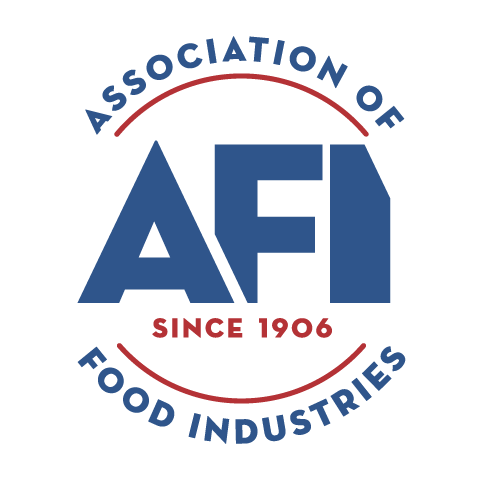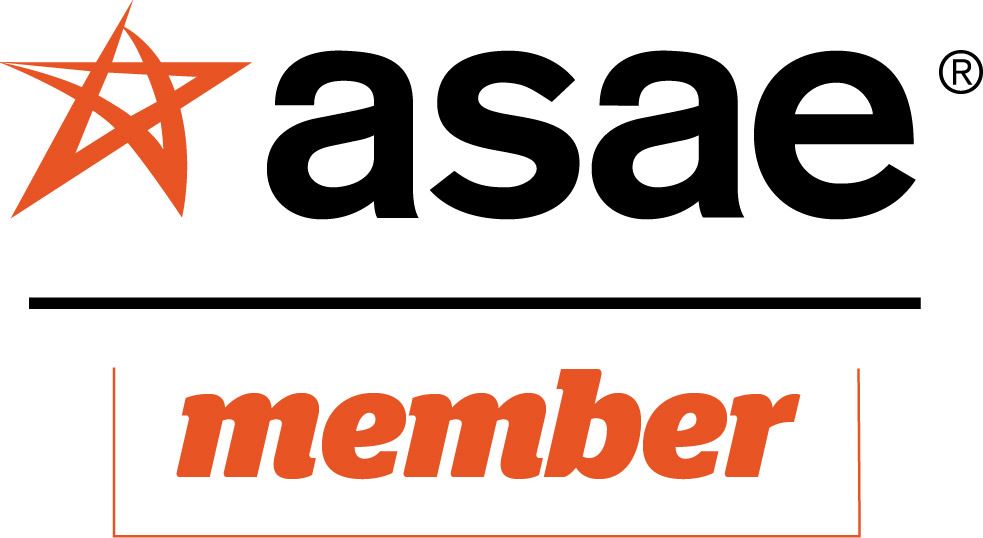Tech and International Payments
Andrew Howlett and Stephen Casey, Cambridge Global Payments
All companies have the opportunity to enhance the actual process of making payments overseas, whether it be by small importers or large corporations.
A few questions for consideration:
- Is your accounting team wasting too much time entering payment information?
- Are you still communicating with your payment provider by phone or email for every aspect of the transaction?
- Are your beneficiaries not receiving the full amount sent to them?
- Are you able to easily extract your data from your current system?
In the past, most companies placed greater emphasis and priority on making sure they were simply effective in managing FX risk, giving way to the notion that payment processes were simply set in place and determined by the banks and there was little to look at in terms on enhancing the actual process itself.
Technology and international payments have been evolving at a rapid pace over the past five to 10 years. While the FX markets themselves remain volatile and increasingly unpredictable, companies of all shapes and sizes can now enjoy a much more simplified process of actually making sure their international suppliers get paid on time - and in full. Accounts payable teams have options now - how much of the process do they want to automate; how much time they can save; how easily can they delegate internal job functions and so forth. Online payment platforms can also help validate beneficiaries through built-in template automation, looking at currency by country codes that check banking details are correct in line with all regulatory requirements.
The food import industry consists of companies ranging in size from those processing a handful of payments a month to those making large numbers of transfers each day. At the core of it all, international payment platforms are now able to seamlessly work in tandem with accounting software, wherein depending on the business need, can significantly reduce the administrative aspects of the process. For companies processing large numbers of payments, it makes sense to look at opportunities for integration, from semi-manual through to full automation. A single file can upload information on any number of payments, irrespective of destination, method and from any number of different bank settlement accounts. All of this can be configured to the exact specifications of the company and a return file can then close out the payment process, importing all the relevant information back into the accounting software.
A bank agnostic platform also allows companies to maintain their relationships with a number of holding accounts, along with the ability to own all data such as beneficiary information and payment history. This information can be easily extracted for reporting purposes and held for the lifetime the company holds the account.
Systems can also be set up to automatically notify vendors that a payment has been instructed. SWIFT messages are also available online, which can also be forwarded via email to beneficiaries for confirmations, often something that is required to allow for release of shipments.
With the technology available today, companies have the ability to truly tailor international payment platforms to fit their specific business models. The cookie-cutter approach of old is no longer viable in today’s world of making cross border transactions.


